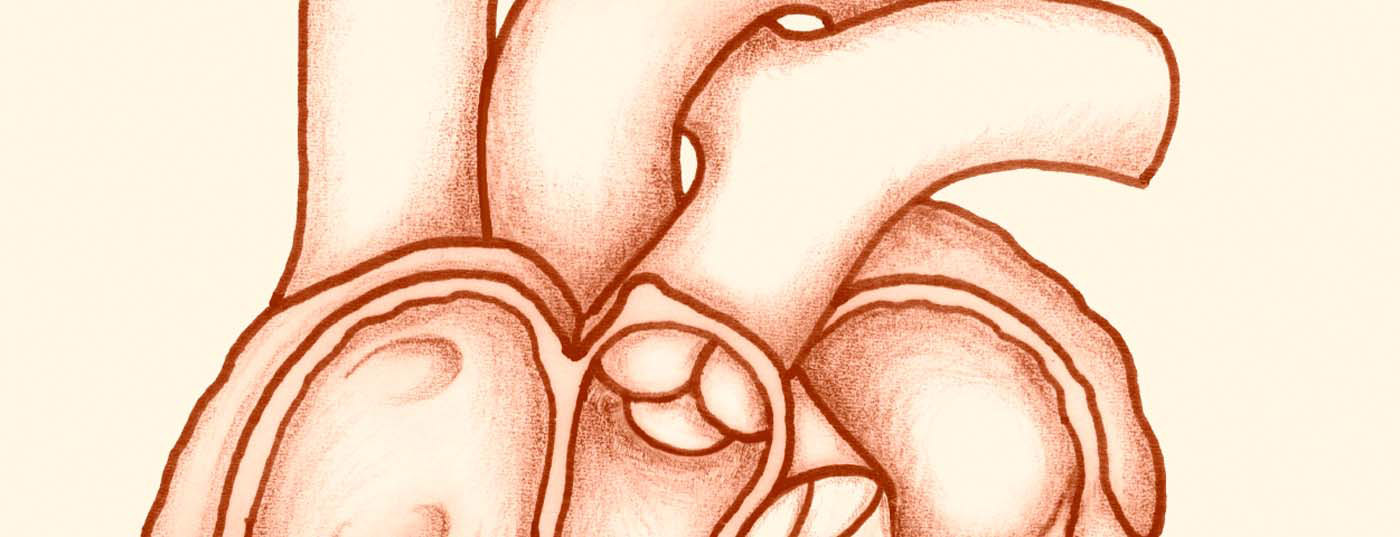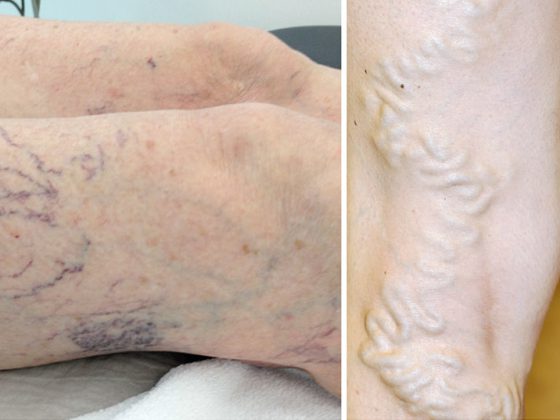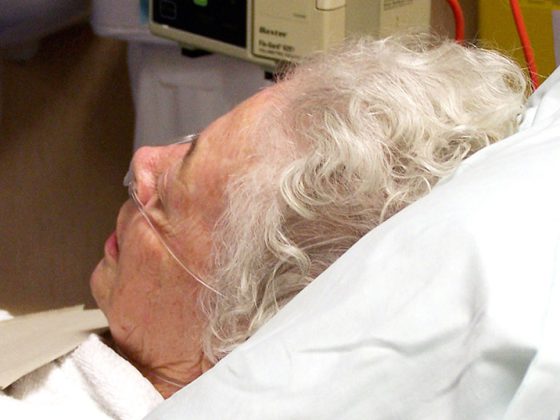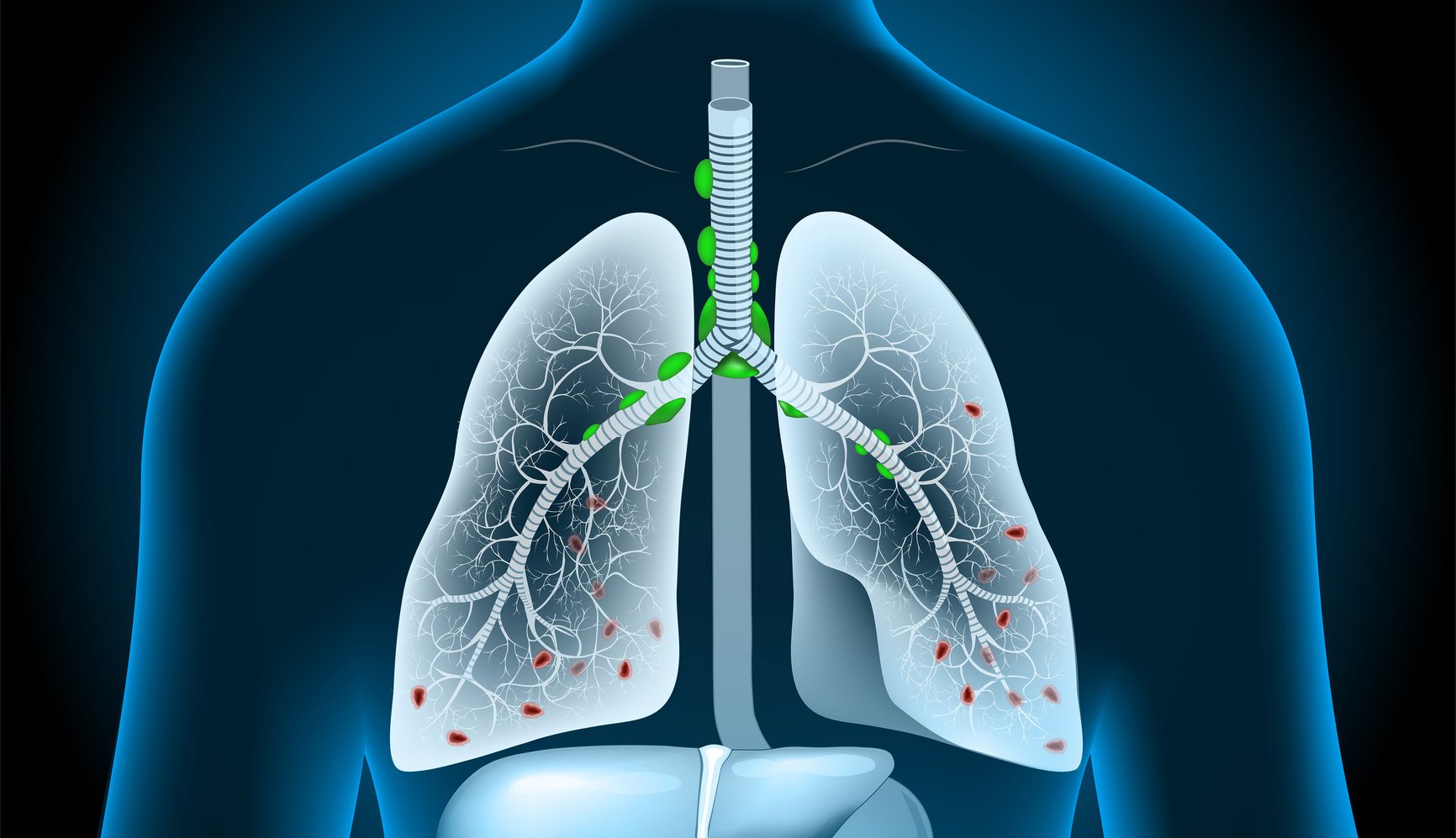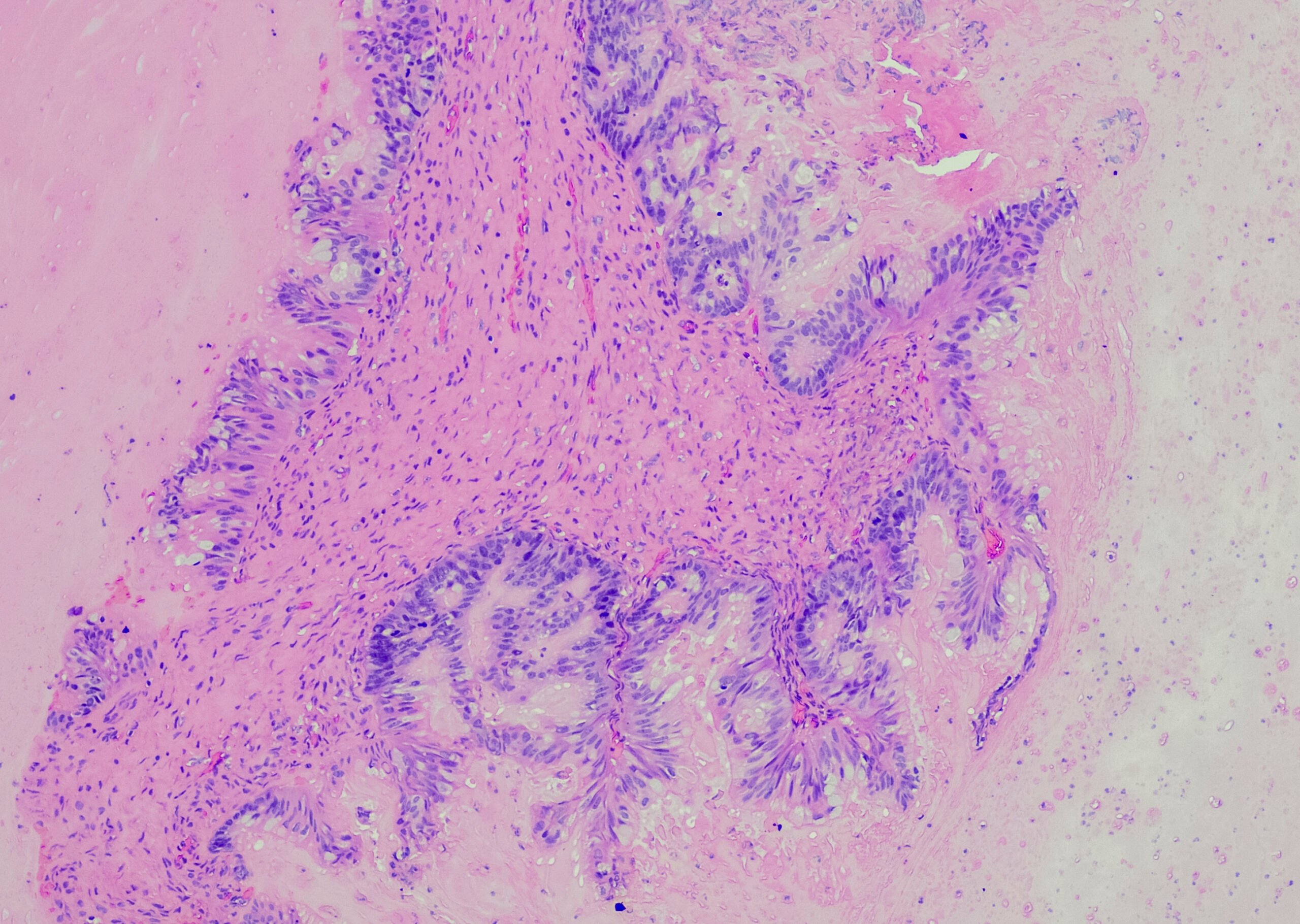Recently, two interesting studies on lipids and cardiovascular prevention were published. One study looked for an association between low HDL levels and risk of ischemic insult. However, causality remains unclear. Another study looked at the impact of a specific function of HDL, cholesterol efflux capacity, on cardiovascular risk. Is the new biomarker useful for risk stratification?
While epidemiological studies have clearly shown that high levels of the “good” cholesterol HDL are associated with a reduction in the risk of myocardial infarction, several attempts to further reduce the rate of cardiovascular disease by increasing HDL levels with drugs have failed.
Since the causal relationship between HDL concentration and atherosclerosis thus remains unclear, functional aspects of HDL are currently increasingly discussed as possible cardiovascular influencing factors. This includes cholesterol efflux capacity. It describes the ability of HDL to remove cholesterol from lipid-rich cells (macrophages) in the vascular wall, take it up and transport it back to the liver (“reverse cholesterol transport”). Macophage-specific cholesterol efflux capacity can now be measured in vitro, which led a team of researchers to investigate the association between this parameter and atherosclerotic cardiovascular disease in 2924 adults [1]. The primary end point consisted of either a first nonfatal myocardial infarction resp. Stroke or coronary revascularization or death with cardiovascular cause. The study population was followed for a median period of 9.4 years.
In an analysis that excluded the influence of other parameters (traditional risk factors, HDL level, and particle concentration), there was a 67% risk reduction for cardiovascular events between the highest capacity quartile and the lowest (HR 0.33; 95% CI, 0.19-0.55). So the higher the efflux, the better. In contrast, baseline HDL levels showed no association with the primary end point in the adjusted analysis. HDL level was clearly associated with several risk factors and metabolic variables, whereas cholesterol efflux capacity was weakly associated.
The authors conclude that cholesterol efflux capacity is not only an indicator of HDL functionality but also statistically relevantly related to cardiovascular risk. Therefore, it could improve individual risk assessment in the future.
HDL significant in ischemic stroke
Another study investigated the association between lipids and ischemic vascular events [2]. Again, HDL was shown to play a central role. Specifically, we looked at the incidence of ischemic strokes in a Framingham cohort consisting of 6276 study participants who had not previously suffered a stroke and at the incidence of myocardial infarction in a second cohort of 5875 subjects (previously without myocardial infarction). The observation period was ten years in each case, and the mean age was 64 years in both groups. Fifty-six percent and 58% of the study participants were women, respectively.
301 participants suffered a first-ever ischemic stroke. Multivariable analysis showed that both low plasma levels of HDL cholesterol of ≤40 mg/dl and a ratio of total to HDL cholesterol of ≥5 significantly increased the risk of such an event-by 59% (HR 1.59; 95% CI, 1.23-2.05) and 47% (HR 1.47; 95% KI, 1.15-1.87). In contrast, neither total nor LDL cholesterol or triglycerides increased the risk. Factors such as diabetes, smoking, and hypertension were considered in the analysis.
In the second cohort, 403 myocardial infarctions occurred. This sample was intended as a control to confirm the accuracy of the measurement. As expected, associations were found between all lipid markers tested and the risk of infarction.
In conclusion, the authors state that apparently HDL in particular has a central role in ischemic strokes. However, the problem of the causal relationship remains: It is known that certain genetic conditions are associated with HDL levels. In the present case, however, no association was found between the genetic risk score and stroke incidence (47 polymorphisms had been studied), which again does not support a causal interpretation.
Literature:
- Rohatgi A, et al: HDL cholesterol efflux capacity and incident cardiovascular events. N Engl J Med 2014 Dec 18; 371(25): 2383-2393.
- Pikula A, et al: Lipid and lipoprotein measurements and the risk of ischemic vascular events. Neurology January 7 2015. doi: 10.1212/WNL.000000001202 [Epub ahead of print].
HAUSARZT PRAXIS 2015; 10(4): 2

